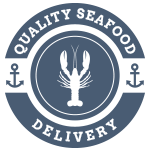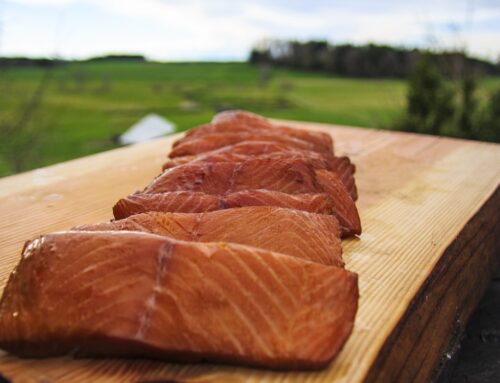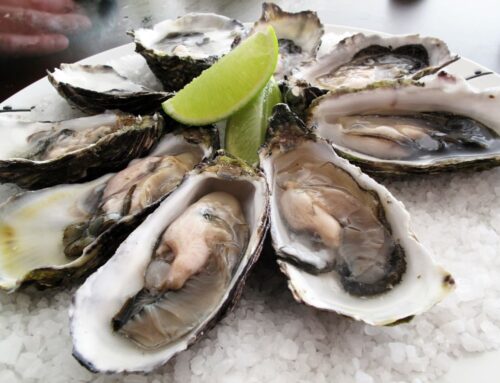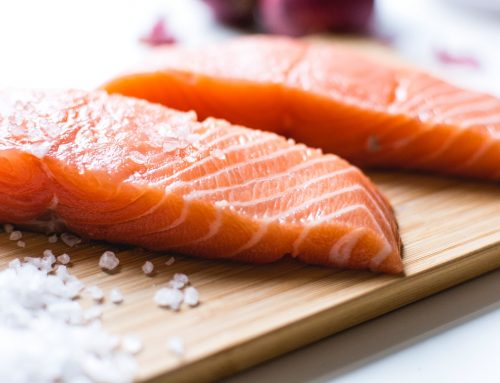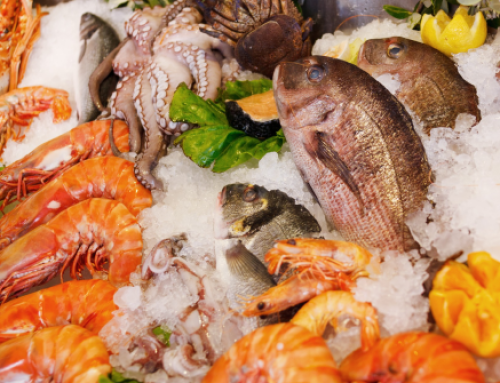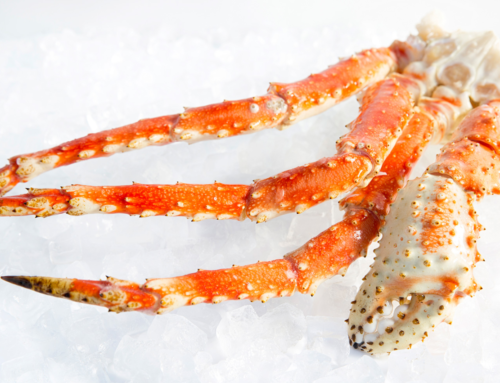As we’ve said in other places, seafood is a healthy food choice and an essential dietary staple around the world. Its heart-healthy, anti-inflammatory, and anti-carcinogenic properties overwhelm the negative health effects for most people. At the same time, seafood isn’t the only source of omega-3 fatty acids and essential nutrients. Some people have adverse reactions to seafood. Here are some common personal dietary restrictions for seafood.
Shellfish Allergies
About 5-10 percent of the US population has a shellfish allergy. Shellfish allergies run the gamut from mild stomach pain or tingling in the mouth to skin reactions, swelling, and dizziness/fainting. The most severe shellfish allergies can include full-blown anaphylaxis with life-threatening respiratory distress. For those who love the taste and have only a mild shellfish allergy, there’s good news: Shellfish allergy symptoms tend to wane as we get older.
Purines
Purines are naturally produced in your body and found in certain foods.
They break down to form uric acid, which can contribute to gout and the development of kidney stones for some people. Those at risk of these conditions should limit their intake with a low-purine diet.
Selenium
For the most part, seafood’s selenium content is a health benefit. Because this micronutrient binds with mercury, selenium is an important protective factor against methylmercury toxicity. That said, the health benefits of selenium are also dose-dependent. Brazil nuts have an even higher selenium content, but eating too much of these foods can result in selenium poisoning.
Toxins and Environmental Concerns
Most types of farm-raised seafood are not healthy, or not as healthy as the wild-caught varieties. It’s not just salmon. Farm-raised tilapia should only be eaten in limited quantities if at all. At the same time, not all wild-caught seafood is healthy, either. Lower reproductive rates and longer lifespans, like orange roughy and bluefin tuna, make for higher mercury levels and species that are more vulnerable to over-harvesting. When sustainably harvested, many of the personal concerns of strict vegetarians can be alleviated by sticking to certain types of wild-caught seafood.
Personal Taste
We love seafood, but we recognize that not everybody does. Whether you’re something of a picky eater or you just don’t like seafood, that’s fine. Just know that you’ll have to be that much more careful when choosing the rest of your diet, especially in terms of finding healthy sources of lean protein.
Take note of our Affiliate Relationships that may exist with this page and companies listed on it.
